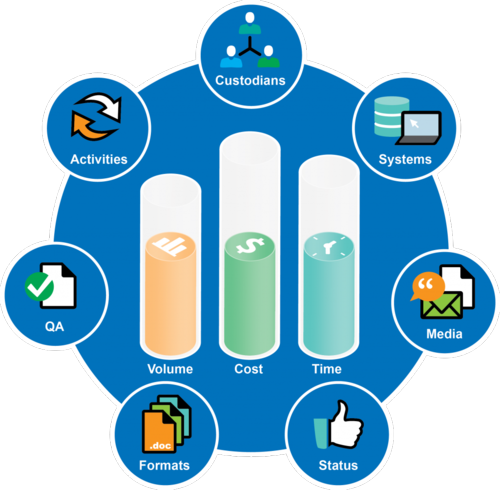Cost-Shifting Inappropriate when Data is Kept in an Accessible Format – eDiscovery Case Law
Cost-Shifting Inappropriate when Data is Kept in an Accessible Format – eDiscovery Case Law https://cloudnine.com/wp-content/themes/cloudnine/images/empty/thumbnail.jpg 150 150 CloudNine https://cloudnine.com/wp-content/themes/cloudnine/images/empty/thumbnail.jpg
In Novick v. AXA Network, New York Magistrate Judge Kevin Nathaniel Fox ruled that cost-shifting was inappropriate where data was kept in an accessible format.
read more




